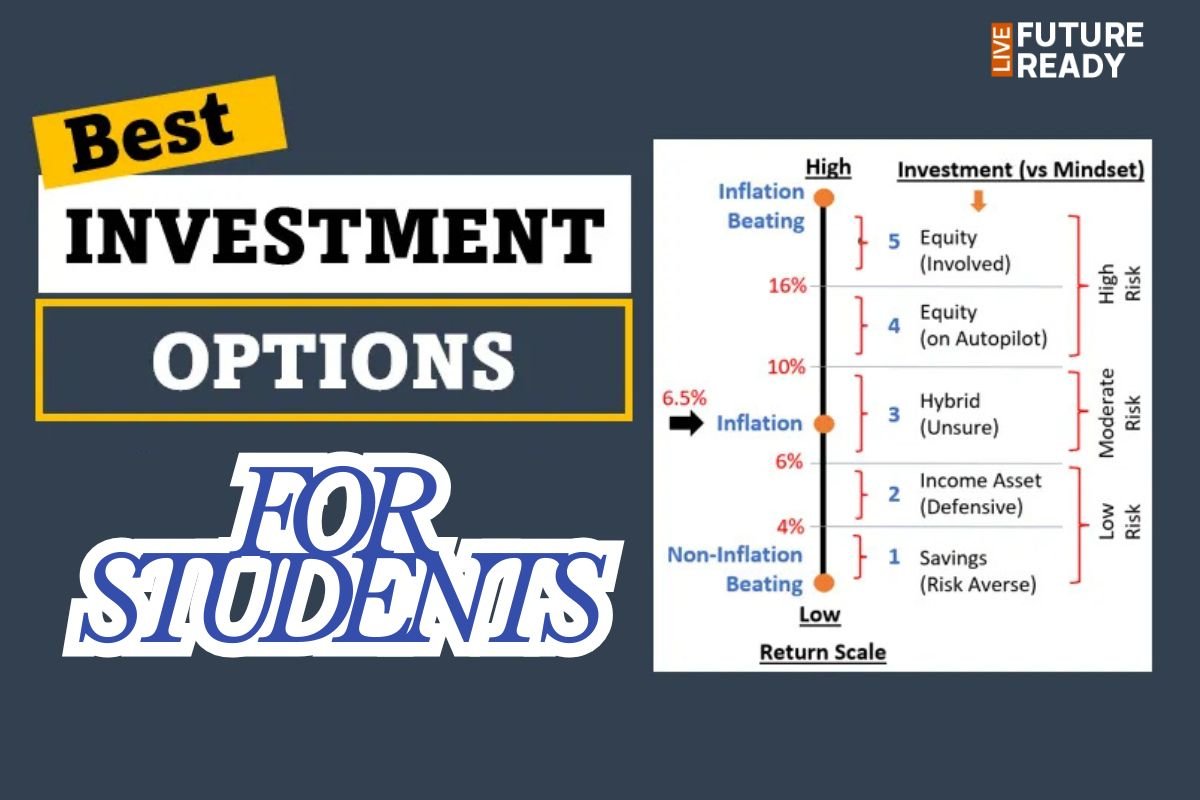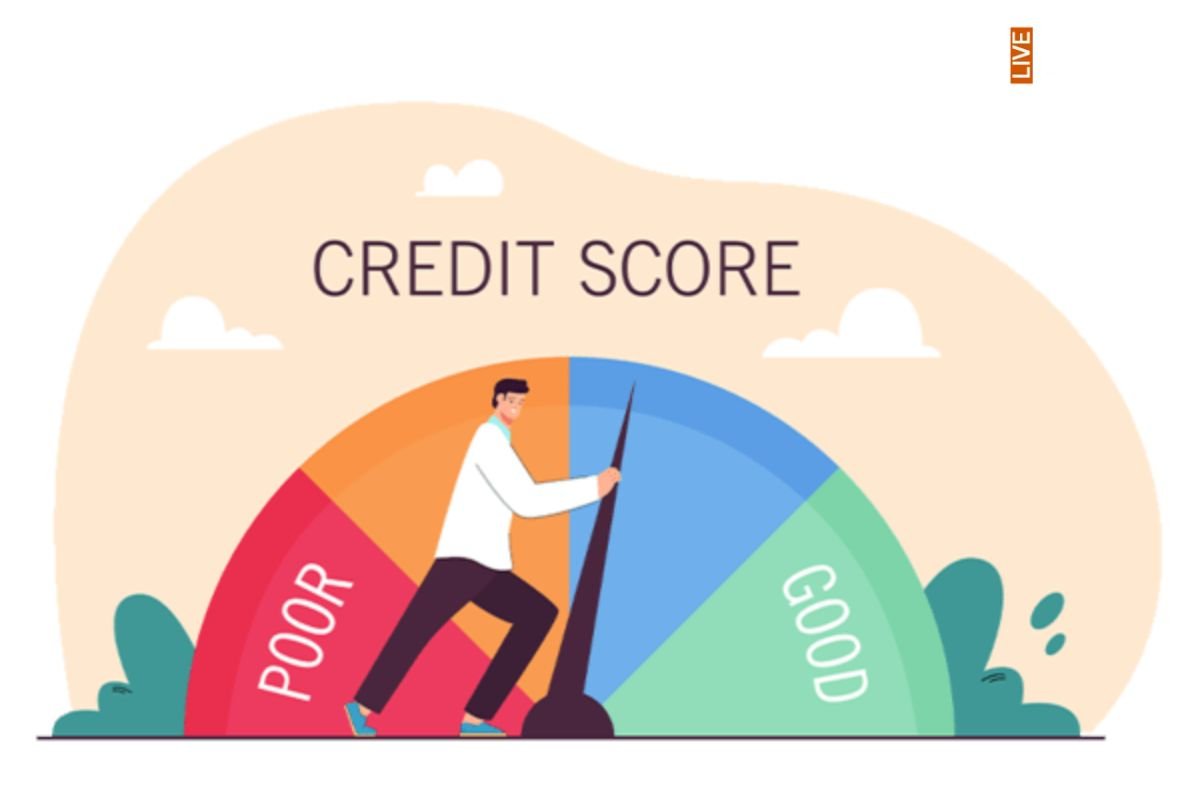When it comes to school education in India, students and parents often face the dilemma of choosing between ICSE (Indian Certificate of Secondary Education) and CBSE (Central Board of Secondary Education). Both boards are popular, but each has its own unique features and teaching methodology.
What is CBSE?
CBSE is the most widely recognized educational board in India. It is managed by the Central Government and follows a national syllabus. It is known for its structured approach to education.
Key Features of CBSE:
- Focus on Science and Math: The CBSE board emphasizes subjects like Science and Math, which makes it a suitable choice for students aiming to pursue engineering or medical careers.
- Exam Pattern: The exams are objective-oriented and are designed to assess conceptual knowledge and problem-solving abilities.
- National Syllabus: The syllabus is consistent across all schools affiliated with CBSE, making it easy for students to transfer between schools across India.
What is ICSE?
ICSE is a private board that is recognized internationally. It is managed by the Council for the Indian School Certificate Examinations. It is well-regarded for its comprehensive syllabus and in-depth knowledge on subjects.
Key Features of ICSE:
- Balanced Focus: ICSE focuses equally on Science, Math, Literature, and other subjects, making it a more holistic approach to education.
- Detailed Syllabus: ICSE’s syllabus is more detailed and extensive compared to CBSE, which means students may have a deeper understanding of the subjects.
- International Recognition: ICSE is recognized globally, especially in countries like the UK, the US, and Australia.
CBSE vs ICSE: A Comparison
- Syllabus and Teaching Style:
-
- CBSE: Simple and more exam-focused.
- ICSE: Detailed and comprehensive with a deeper understanding of subjects.
- Exam Pattern:
-
- CBSE: The exams are more straightforward and based on the application of concepts.
- ICSE: Exams require in-depth understanding and writing skills, with a focus on detail.
- Board Affiliation:
-
- CBSE: Ideal for students who wish to pursue national-level competitive exams such as JEE, NEET, etc.
- ICSE: Better for students planning to pursue higher education abroad.
- Difficulty Level:
-
- CBSE: Generally considered easier than ICSE, especially in subjects like Math and Science.
- ICSE: More challenging because of its detailed syllabus.
- Future Perspective:
-
- CBSE: Its structured approach is beneficial for preparing for competitive exams in India.
- ICSE: Students develop better analytical skills, making it beneficial for students who want to study abroad.
Conclusion
Both CBSE and ICSE have their merits, and the choice depends on the individual’s career path and preferences. It’s essential to choose the board that aligns with your long-term academic and professional goals. Being future-ready means making the right educational choices now for a successful career.




















